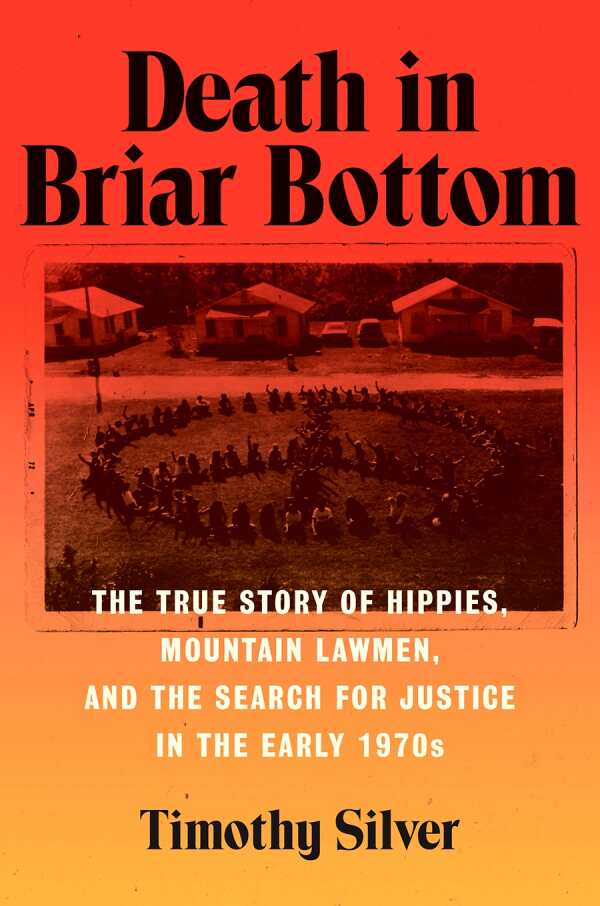Death in Briar Bottom
The True Story of Hippies, Mountain Lawmen, and the Search for Justice in the Early 1970s
Set against cultural and generational tensions in the American South, historian Timothy Silver’s gritty true crime book Death in Briar Bottom covers a 1972 incident involving free-living hippies, conservative law enforcement officers, and a tragic death.
On the surface, the death of Stan Altland seemed straightforward: he, along with a few dozen friends from Florida, camped illegally in North Carolina’s western hills en route to a Rolling Stones concert in Charlotte. In response, local sheriff Kermit Banks and several deputies raided the campground, using excessive force to rouse the campers. In the ensuing confusion, Altland was killed by a shotgun blast—a crime that no one was ever convicted of due to a lack of hard evidence.
Compiling witness interviews, trial reports, and FBI documents five decades later, Silver builds a meticulous chronicle of the incident and its aftermath, questioning whether justice was served. Through personal recollections, a sampling of local and national headlines, and inside information on the judges and lawyers who brought their own biases to the situation, his book documents national divisions too: countercultural youths were eyed by rural communities as “longhairs” who indulged in drugs, promiscuity, and violence.
Taking an evenhanded approach, the book acknowledges the rambunctious behavior of Altland’s group while making a compelling case that the local police’s prejudices and malice escalated an already tense situation. And while the death of Stan Altland occurred half a century ago, Silver argues that the issues at the heart of the case—adversarial policing, courts shielding authorities from prosecution—are still germane today. By finding the universal dimensions in a local tragedy, Death in Briar Bottom shows how a true crime story from the past says a lot about persistent national problems.
Reviewed by
Ho Lin
Disclosure: This article is not an endorsement, but a review. The publisher of this book provided free copies of the book to have their book reviewed by a professional reviewer. No fee was paid by the publisher for this review. Foreword Reviews only recommends books that we love. Foreword Magazine, Inc. is disclosing this in accordance with the Federal Trade Commission’s 16 CFR, Part 255.

